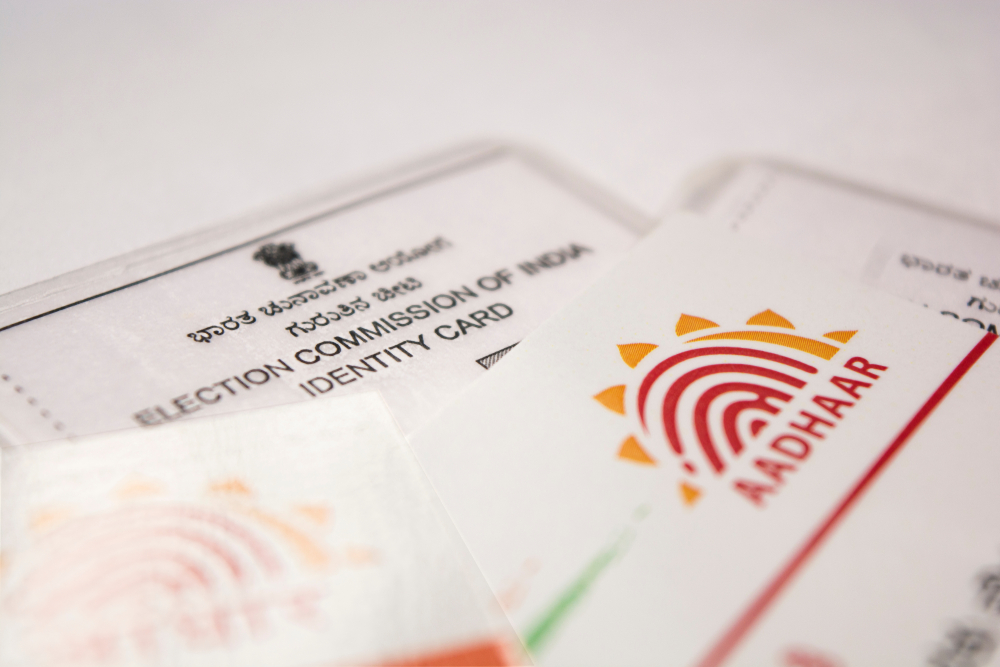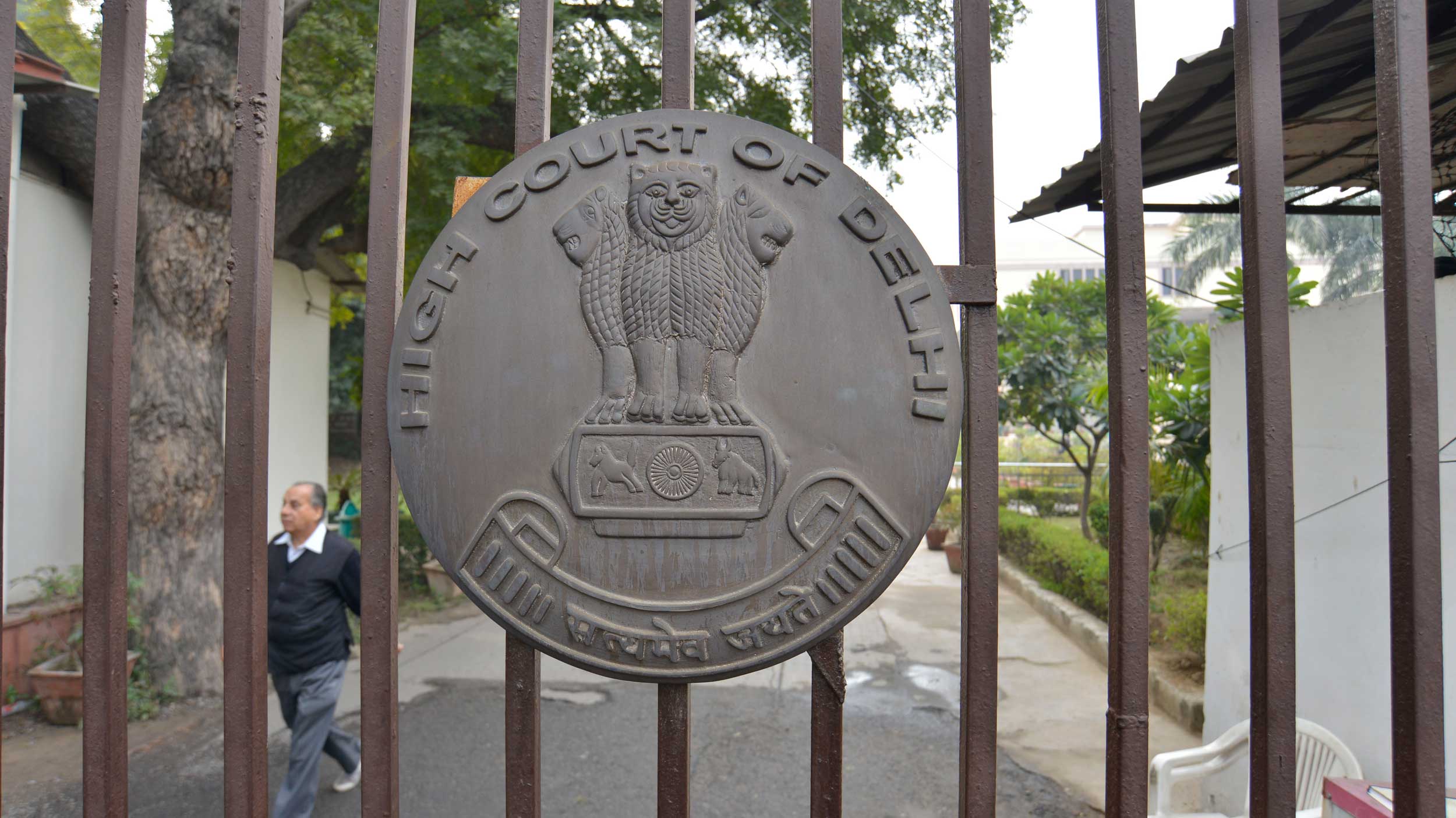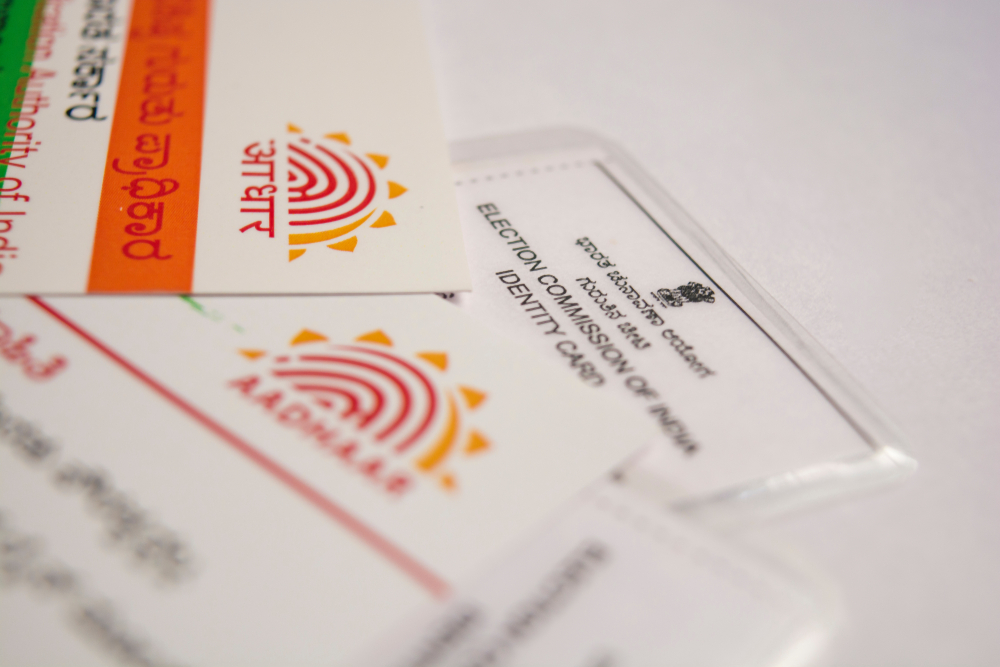Diversity can give even the strongest of leaders a severe migraine. That could be the reason why a nation born of — and sworn to preserving and protecting — dizzyingly diverse people, languages, faiths and beliefs is now being herded towards the path of a problematic unity. The means are being meant to mirror the end. An entire state has been made to vanish in the air in the name of oneness with the nation. Food and faith are two other areas in which India, it has been alleged, is being forced to celebrate the notion of homogeneity. Those who have resisted and spoken up in favour of the beauty and importance of differences have got themselves branded as unpatriotic for their trouble.
The zeal to turn a nation of million into one can, however, be contagious. In this noble pursuit of exorcizing difference — and dissidence? — the government seems to have met its match at last. The competitor, the Unique Identification Authority of India, which has been given the task of binding Indian citizens — both pliant and recalcitrant — to the umbilical cord called Aadhaar, has, without a doubt, stolen a march on the competition. In Shivpuri, Madhya Pradesh, the UIDAI has, in one broad sweep, done away with the difference in age. The consequences — they may not be comical entirely — would do the worshippers of oneness proud. Every resident of Shivpuri’s Kakra village now shares the same date of birth — the first of January. The unity achieved by the ingenuity of the UIDAI is truly astonishing: an entire community, the old and the young, can now take pride in having one big birthday. This engineered kinship can have other advantages as well. Given the dim economic forecasts for the country, a truly unified set of citizens would be able to ration their expenses by cutting one cake in an entire year. Even the ruling Bharatiya Janata Party, that great engine of unification, may find it difficult to replicate the UIDAI’s model of sameness.
However, such a great act of levelling is not unprecedented. The UIDAI has been known to unify other constituencies in this manner. In 2017, there had been reports of a tribal village, this time in Haridwar, being stripped — magically — of that loathed difference in birthdate. The path to this land where none would be able to spot the difference between an octogenarian and a callow youth on official paper has been built by fusing policy with a culture callous about the need of documentation. Apparently, the rules are such that if an individual fails to produce proof of a birth year at the time of registration, the UIDAI permits the person to declare it, not with supporting documentation but, with the help of memory. Things get even better when memory fails — the applicant can happily state an age of his/her choice. Is there an irony in a regulator being goofy, even lax, in supervision? Perhaps there is. But then, that is a small price to pay for unity.













